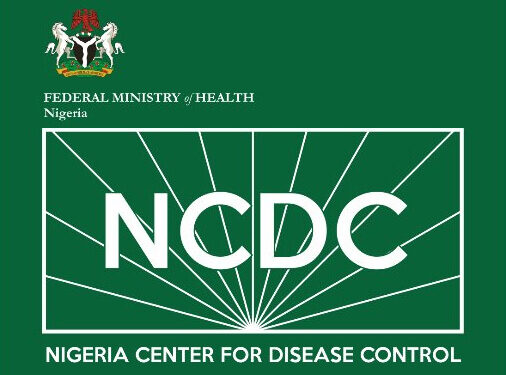Nigeria Centre for Disease Control, NCDC, on Monday said it has observed a significant increase in cholera and other diseases such as yellow fever, Lassa fever and meningitis.
Director-General of the centre, Dr Jide Idris, who disclosed this at a press briefing in Abuja, advised the public to reduce the risk of transmission of cholera, ensure that water is boiled and stored in a clean and covered container before drinking, practice proper hand hygiene by washing hands frequently with soap under clean running water, among other preventive measures.
Idris urged health workers to always practice standard safety precautions such as wearing gloves while handling patients or providing care to an ill patient or relative, intensify surveillance and report suspected cholera cases promptly.
He also urged state governments to continue to prioritise actions that ensure access to and use of safe water, basic sanitation and proper hygiene practices in communities.
It urged the Ministries of Water Resources and Environment to ensure adequate and functional Water, Sanitation and Hygiene, WASH, facilities in all local government areas and communities, saying rains were fully here and flooding already being reported in some parts of the country.
NCDC informed that rainfall significantly impacts the spread of waterborne diseases by affecting water quality and availability, as heavy rainfall could wash pathogens from soil, animal waste and sewage into rivers, lakes and other water bodies.
“Intense rainfall can overwhelm our sewage systems, causing untreated or partially treated sewage to overflow into water supplies. Floodwaters often contain a mixture of rainwater, sewage, industrial, waste, and other contaminants, which can introduce pathogens into drinking water sources, flooding can displace populations, leading to overcrowded shelters with inadequate sanitation facilities, and increasing the risk of waterborne disease outbreaks,” the centre said.
It further noted that heavy rains and floods could damage water treatment infrastructure, leading to the distribution of contaminated water, and Rainfall can compromise sanitation systems, leading to the spread of pathogens.
It warned that with the ongoing rainy season, there is an increased risk of mosquito-borne diseases such as malaria, yellow fever, dengue fever, and other respiratory-related illnesses such as cold, flu and COVID-19.





































